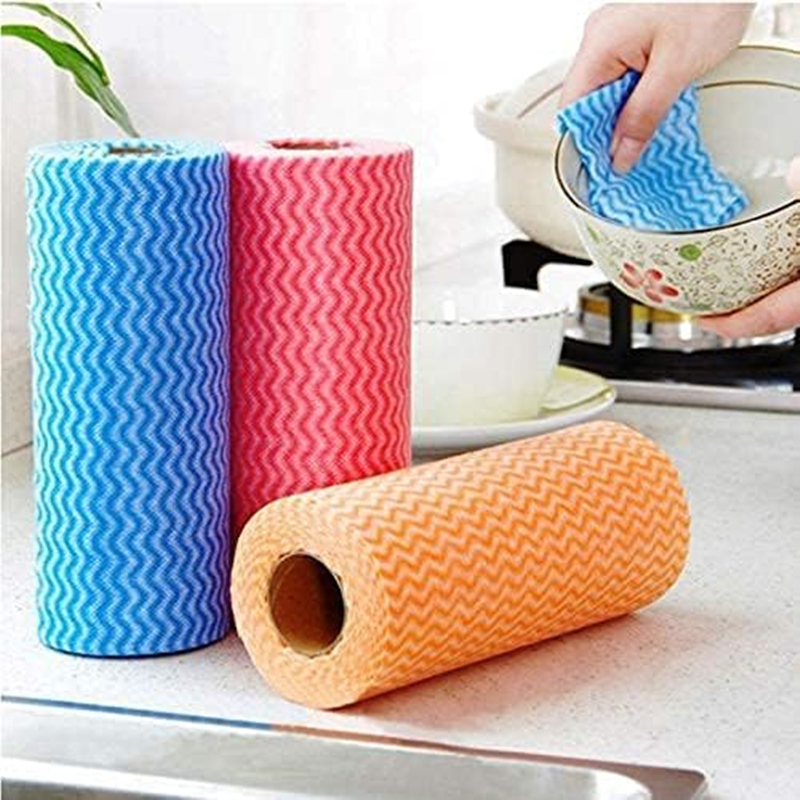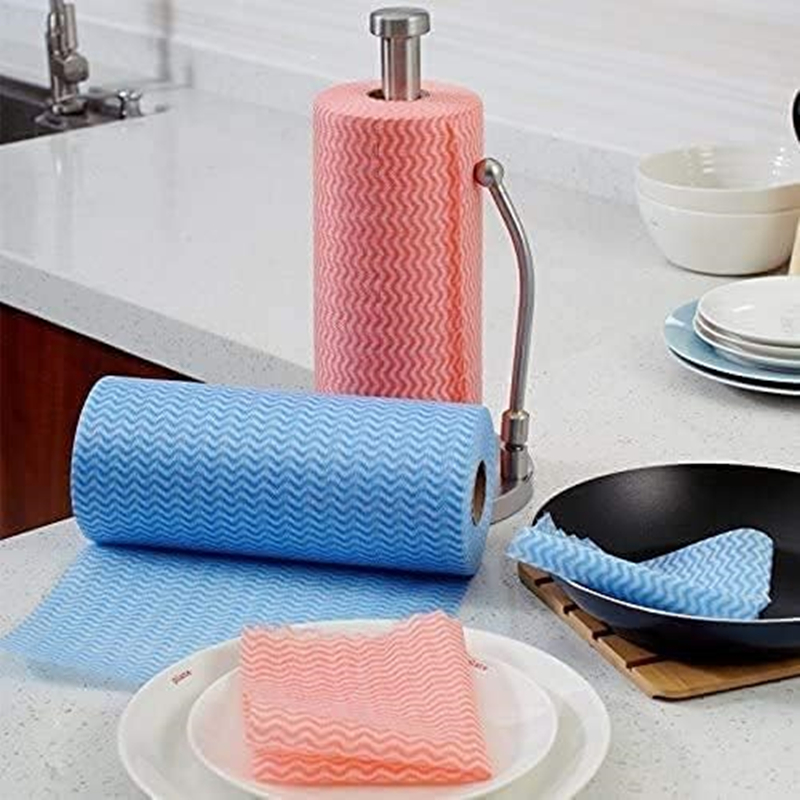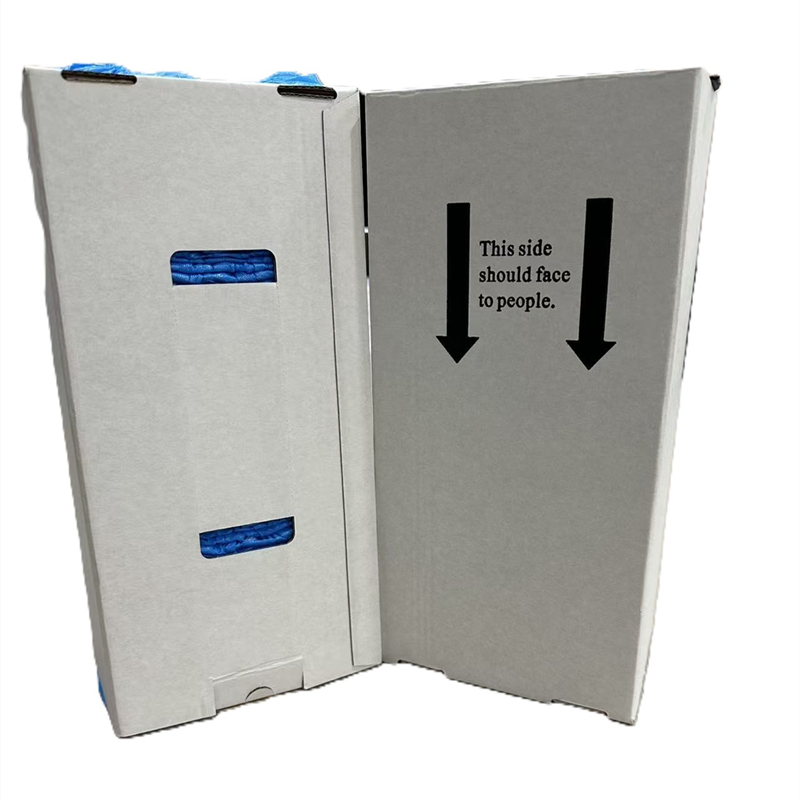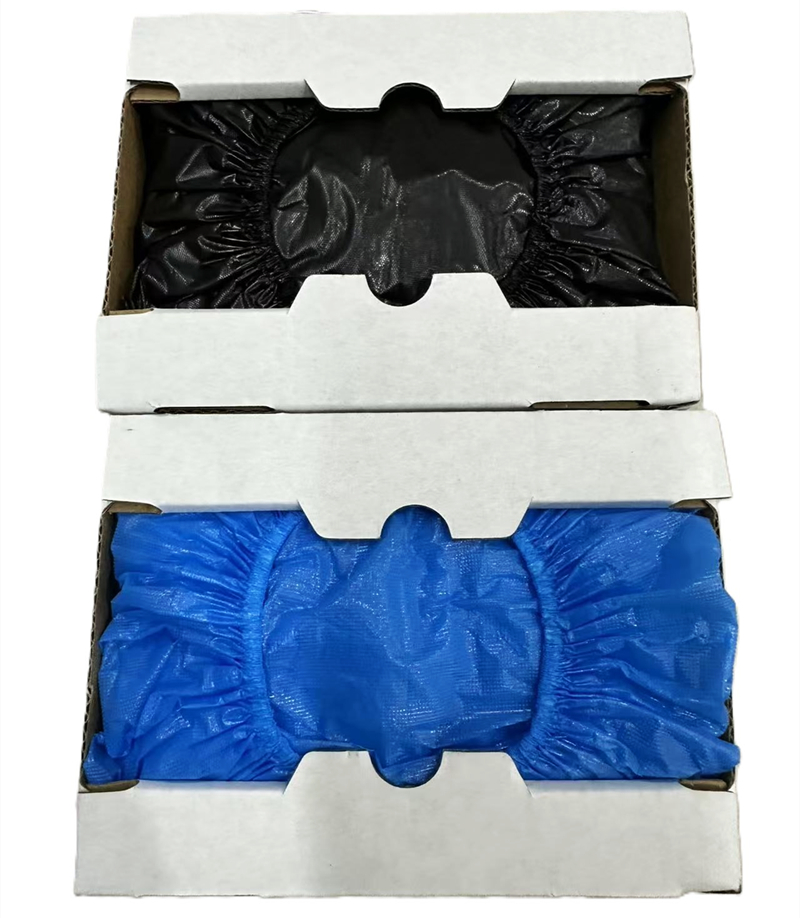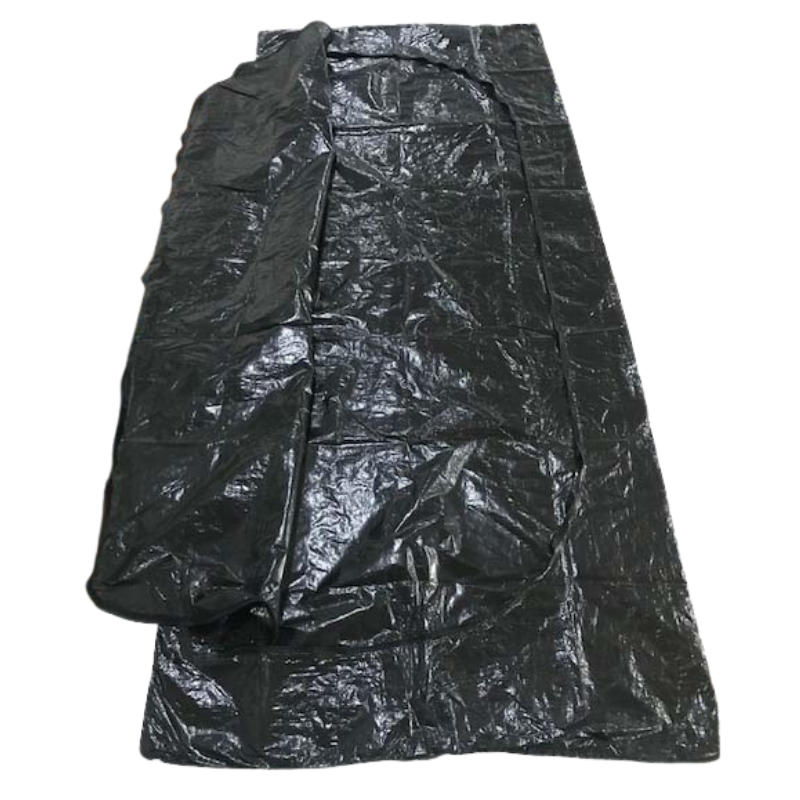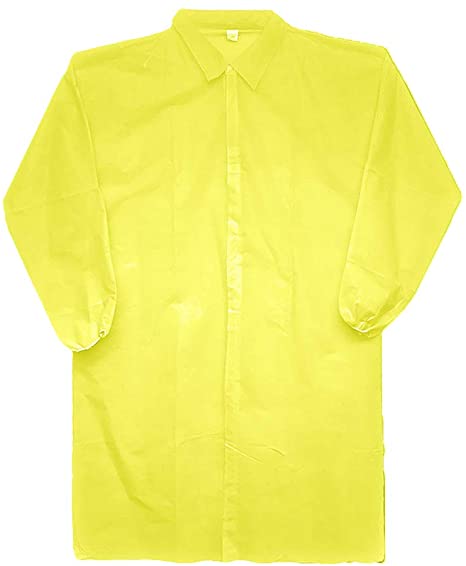Most disposable wipes are not biodegradable. This means they do not break down easily in nature.
Here’s why:
- Many wipes contain plastic fibers. These are like tiny threads of plastic woven together.
- Plastic does not rot like food or paper does. It stays around for a very, very long time.
Some wipes are made from plant materials, like cotton or bamboo. These can be biodegradable. They might break down over time, especially in a compost pile.
But be careful:
- Most common wipes have plastic.
- Even plant-based wipes might take a long while to break down in a landfill.
Always check the package, but it’s usually best to put all wipes in the trash.
